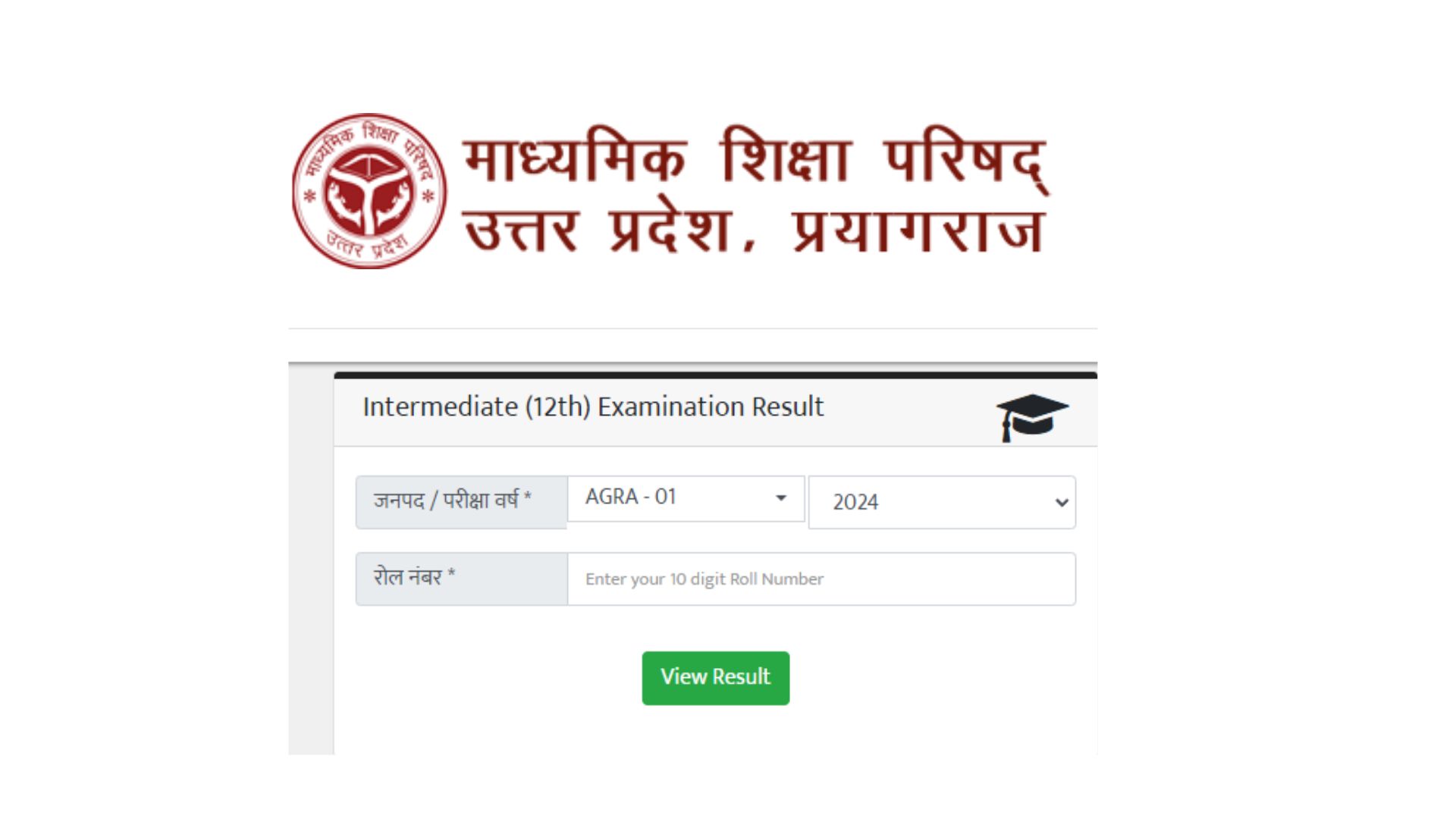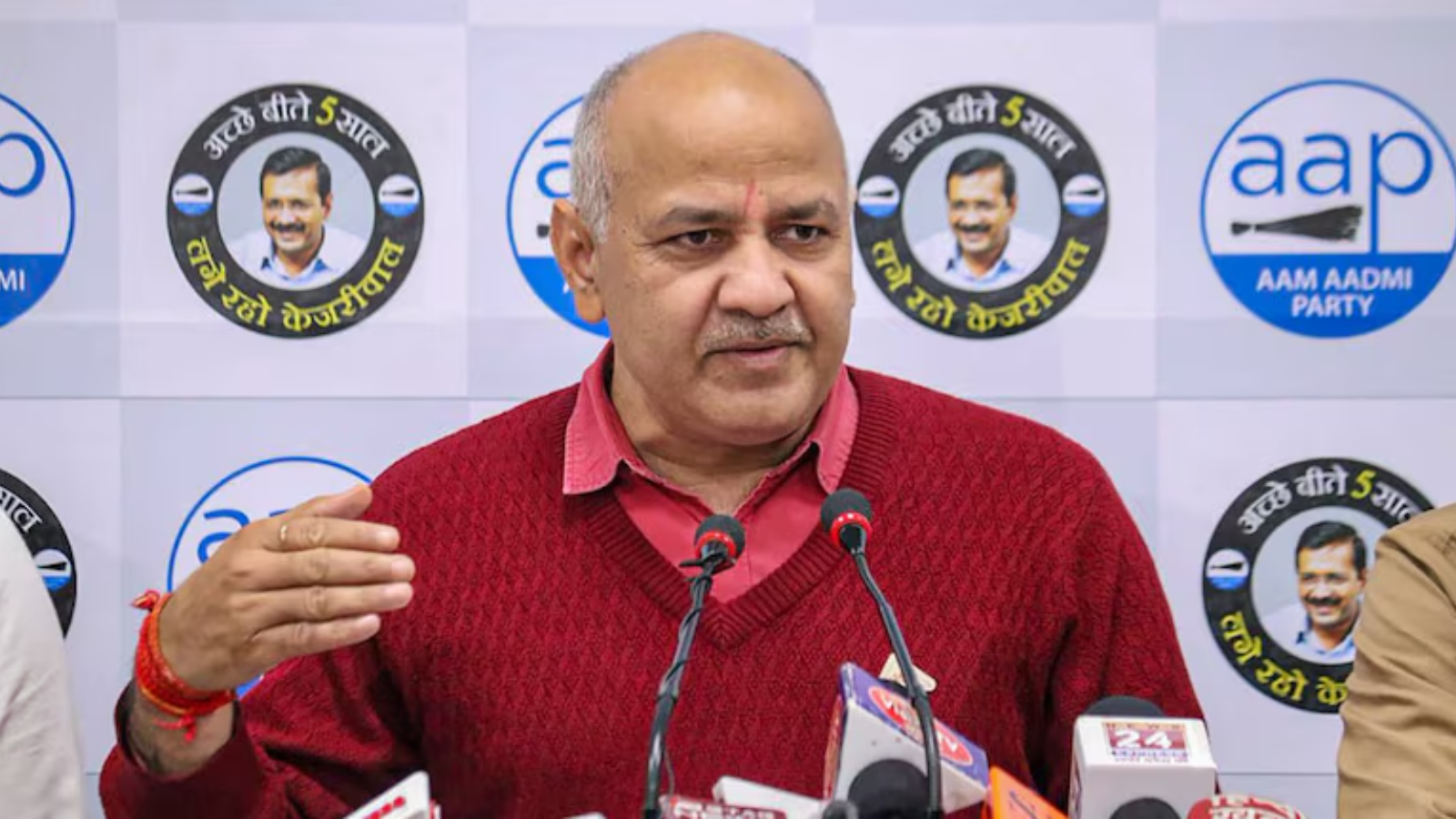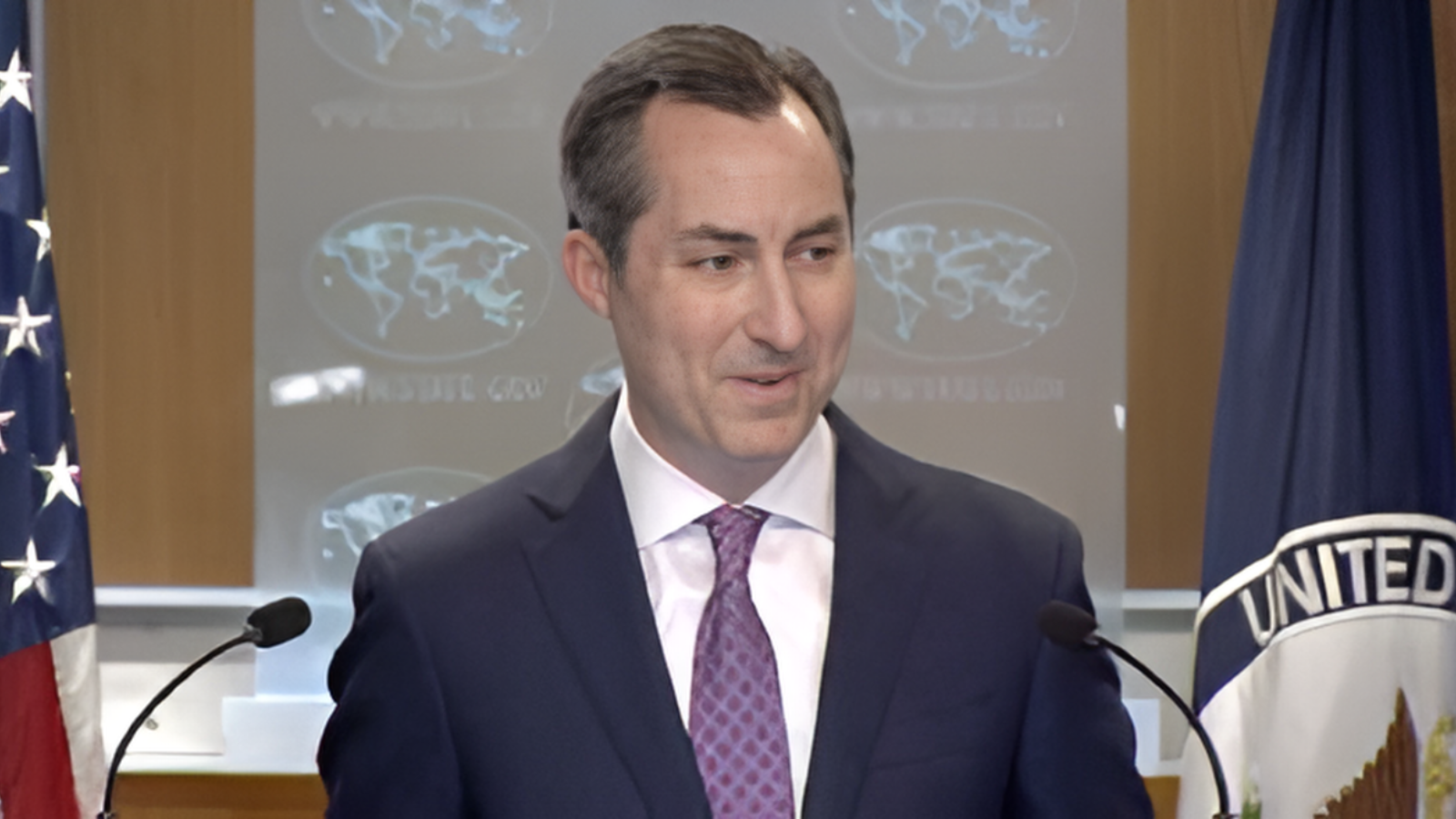


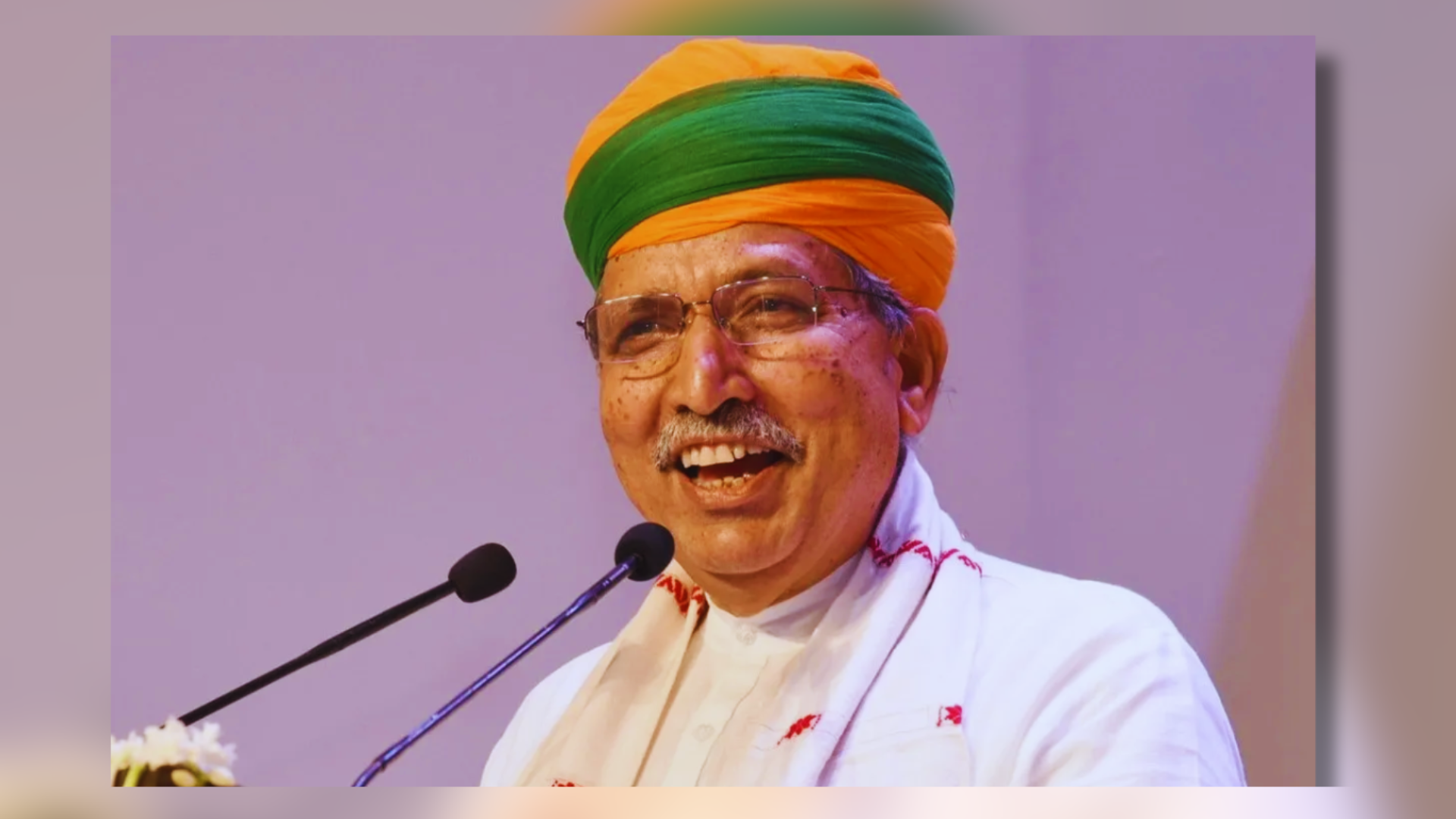

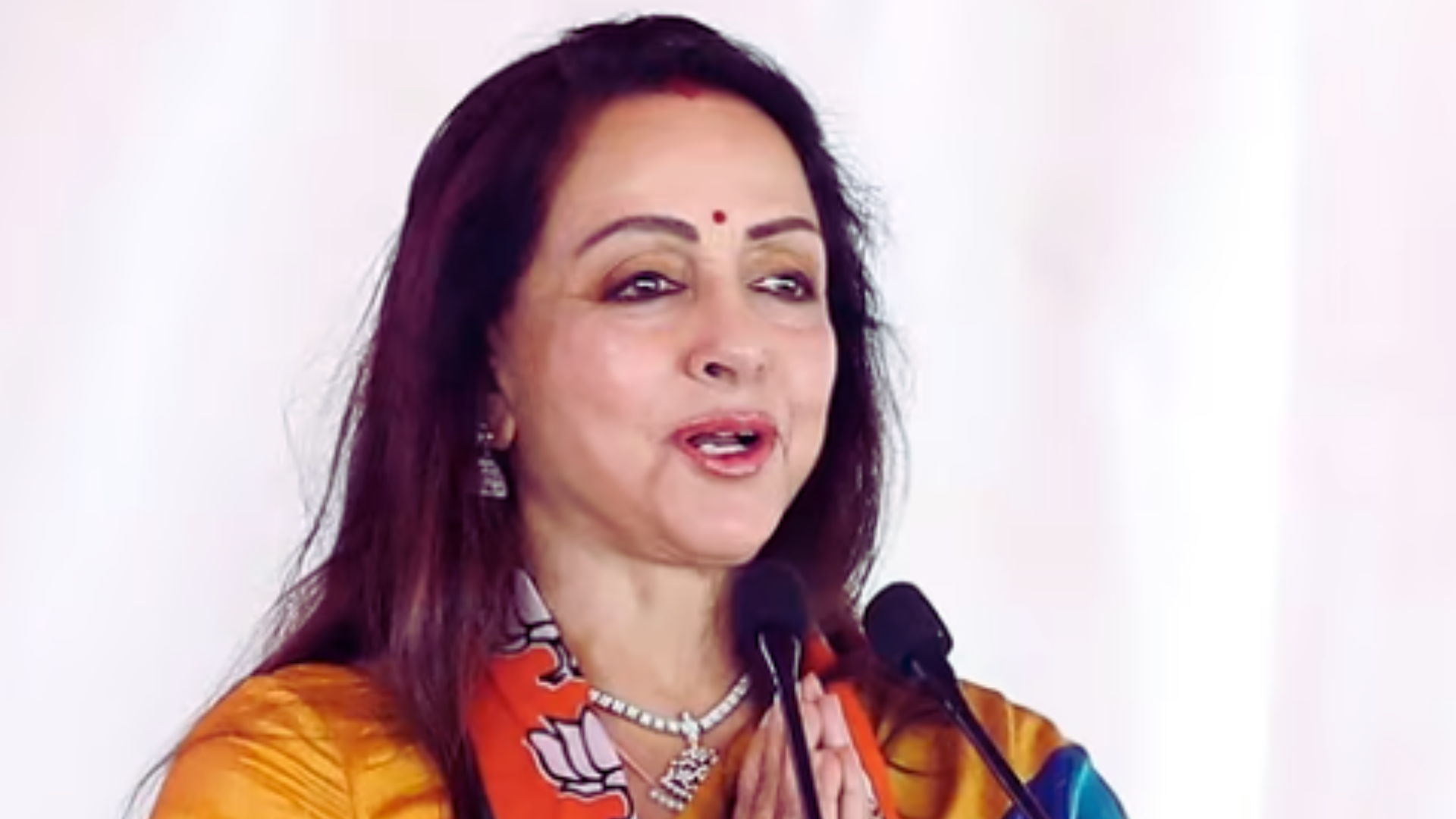




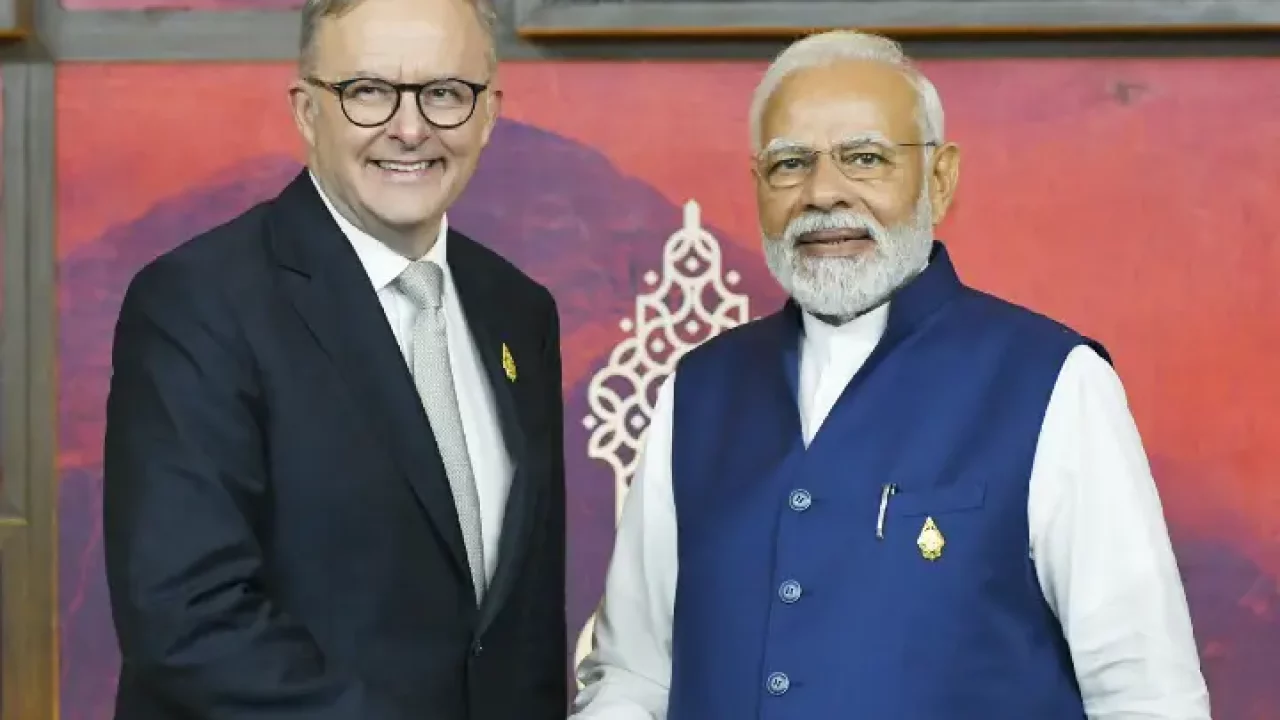
On Thursday, Australian Prime Minister Anthony Albanese, who is on a four-day official visit to India, said the two countries’ Economic Cooperation and Trade Agreement (ECTA) is a transformative agreement that will unlock the next level of potential in trade and investment.
Speaking at the India-Australia CEO forum in Mumbai on Thursday, Albanese expressed his heartfelt gratitude for the large number of Australian investors who came to India, as well as the key Indian business houses that participated. He also stated that the Australian investor delegation is one of the most serious and high-profile delegations to visit India from Down Under.
The Australian Prime Minister also expressed optimism about the complementarities between the two countries, stating that this juncture is a watershed moment in accelerating economic cooperation and mutual benefits in the two countrie’s relationship.
Union Minister Piyush Goyal attended the CEO Forum, as did Senator Don Farrell, the Australian government’s minister for Trade and Tourism. Goyal stated that the current goal of doubling bilateral trade must be reset by the industries and CEOs in attendance, as there is significant potential to increase trade between the two countries.
He also emphasised the potential for growth in bilateral trade and investment between India and Australia. The Union minister recalled an interaction with the CEO of Cochlear during his previous visit to Australia in April 2022. (an Australian hearing implant manufacturer).
Following the interaction, he reassured them that their current market share in India represented only a fraction of the business’s potential, given India’s population, rapid growth in the middle class, and the overall economy’s growing demand for a better lifestyle.
The Forum was organised by the Ministry of Commerce and Industry’s Department for Promotion of Industry and Internal Trade (DPIIT) and the Confederation of Indian Industry (CII) to capitalise on the two countries’ growing trade and investment.
Anish Shah, MD and CEO of Mahindra Group, and Shemara Wikramnayake, MD and CEO of Macquarie Group, co-chaired the forum. Senator Don Farrell stated that the lower tariffs resulting from the ECTA agreement benefited USD 2.5 billion in trade in January 2023 alone and that this growth will continue.
He urged the industry to think much bigger in order to meet the growing relationship’s demands. Both ministers welcomed the India-Australia CEO Forum’s convening and encouraged businesses on both sides to investigate emerging economic and investment opportunities.
The ministers were also pleased with the progress of bilateral engagements and reaffirmed their commitment to deepen and strengthen the Comprehensive Strategic Partnership for mutual benefit.
In Albanese’s presence, a four-year extension MoU was also signed between the Confederation of Indian Industry and the Business Council of Australia. This collaboration has the potential to significantly strengthen the two countries’ business relationship.
CEOs from India and Australia from industries such as metals and mining, telecom, food processing, education, pharmaceutical, healthcare, medical devices, banking, aviation, education, IT, auto, and institutional investors also attended the event.
Participants at the forum debated ‘How to Strengthen Economic, Trade, and Investment Relations Between India and Australia Across Sectors’. The two countries have a long history of cooperation, marked by shared values such as democracy, multiculturalism, economic opportunities, and, most importantly, a vibrant diaspora with strong people-to-people ties.
Both countries place a premium on free and open societies, human rights, and the rule of law. India was Australia’s ninth largest trading partner in fiscal year 2022.
Petroleum products, textiles and apparel, engineering goods, leather, pearls, mechanical appliances, iron and steel, and gems and jewellery are among the major exports to Australia. Edibles, dyeing extracts, chemicals, wool, minerals, and precious stones are among the most important imports.






